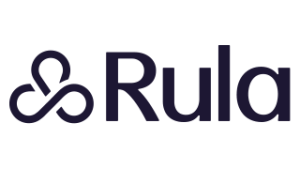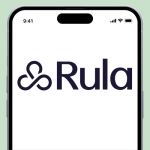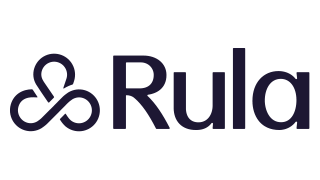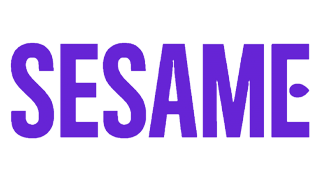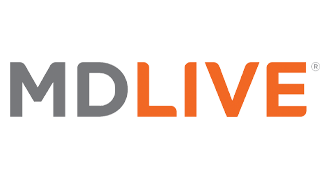Table of Contents
- We spent more than 10,000 hours researching over 70 online therapy platforms, and our testers signed up for the 26 most popular platforms to bring you our top picks.
- Our testers used each platform for at least four weeks, focusing on the sign-up process, therapist selection, therapy session quality, and customer service interactions.
- We surveyed over 2,000 online therapy users, held focus group interviews with both users and therapists, and consulted over 60 mental health experts.
- We score each platform according to affordability, data privacy, availability, and inclusivity.
- We tested Rula’s online mental health care platform with the mindset of a person seeking therapy, going beyond the paywall to have actual therapy sessions and researching the process for switching therapists to better understand the process and give readers insight into the platform’s therapy experience.
- Our pages are updated regularly to update pricing and service information and reflect our ongoing testing of new online therapy platforms. Learn more about how we tested Rula.
Key takeaways
- Rula offers online mental health care with no monthly subscription costs and you can choose your own therapist from a provided list.
- Rula takes insurance from a number of carriers, with an average copay of $15 per session. Without insurance, out-of-pocket costs range from $150–$165.
- Rula provides therapy for children age five and older, teens, and adults, as well as for couples and families.
According to the Centers for Disease Control and Prevention (CDC), almost one in five U.S. children (age five to 17) are diagnosed with a mental health disorder, but only 20 percent of those children receive specialized care from a mental health provider. One of the barriers to care listed by the CDC is cost. If your children are covered by health insurance, Rula may be a viable mental health service for your family since they accept a range of insurance plans.
While many online mental health platforms only provide treatment for adults, Rula, formerly Path Mental Health, also offers services for children aged five and up, teens, couples, and families. Rula can help make online therapy and psychiatry services accessible to more age groups.
“I think Rula mental health is trying to reduce the barriers of locating multiple providers to assist with mental health needs by creating a ‘one stop shop’ for needs,” says Bradford Stucki, PhD, owner and licensed marriage and family therapist (LMFT) at BridgeHope Family Therapy in Provo, Utah.
Our Handbook Team reviewed Rula’s platform to see what it has to offer. We personally tested it for online therapy and researched its online psychiatry options. Read on to find out more about the platform’s costs and services to see if it’s a fit for you.
Rula Mental Health overview
What is Rula?
Rula is an online mental health platform that can connect people with therapists and psychiatrists and provides the online space to communicate with providers between sessions. It offers therapy for children age five and older, teens, adults, couples, and families. Psychiatrists on the platform can also provide medication management, though psychiatrists aren’t available in all U.S. states, and some states may have limitations on which controlled substances can be prescribed by an online doctor. Video sessions are held via Zoom, not on the platform itself, but you can message your therapist using the patient portal between sessions. Certain providers on Rula may also offer in-person appointments, but this will vary depending on your location and therapist availability.
Rula treats a variety of conditions, from anger management and anxiety to mood disorders and post-traumatic stress disorder (PTSD).
How Rula works
After signing up and indicating the type of care you are looking for, Rula gives you a list of providers to choose from. Once you’ve chosen a provider, you can schedule your appointment. You’ll receive a Zoom link when it’s time for your one-hour session. All Rula scheduling and communications are through the website; Rula does not have an app. For child and teen care, parents and guardians can similarly manage the child’s care through the patient portal.
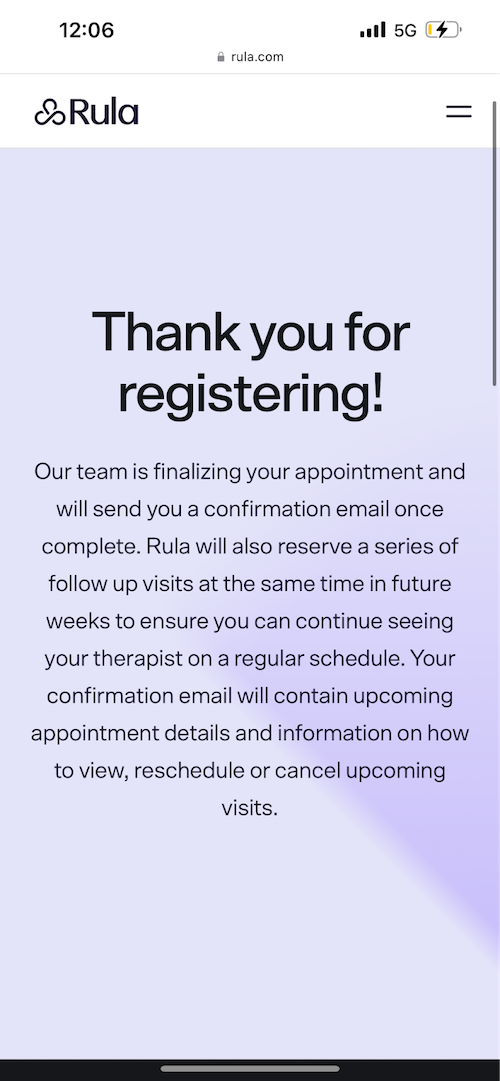
From one of our Rula testers
“Overall, I am very happy with my experience using Rula. The website is incredibly user-friendly and easy to navigate. I love the personalized matching system that gave me therapist recommendations yet still allowed me to choose my own provider.”
How to sign up for Rula online therapy
Signing up for Rula online therapy is a straightforward process. After clicking the website’s “Get Started” button, our tester provided basic personal information, like birthdate, state of residence, and insurance carrier. You can also select “I don’t plan to use insurance.”
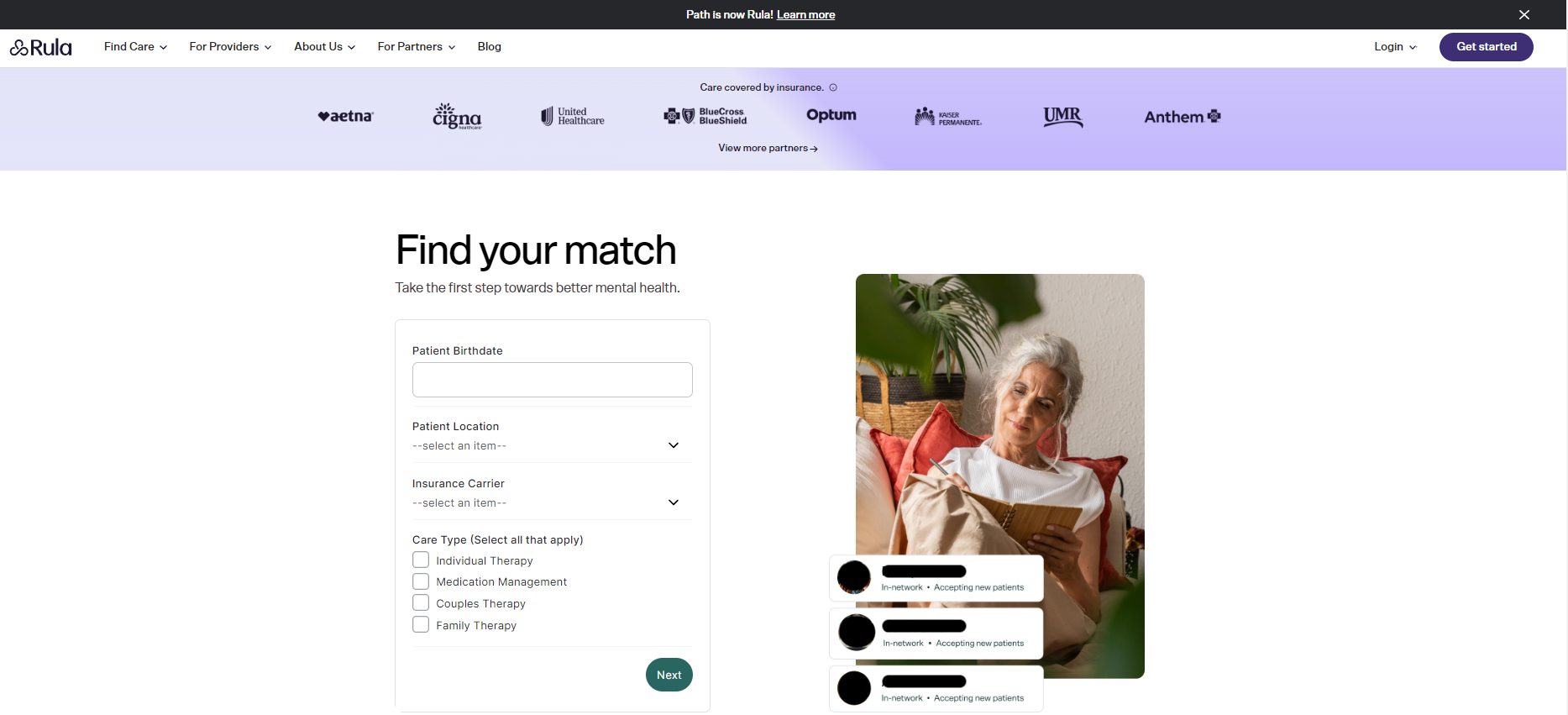
From one of our Rula testers:
“The sign-up process was extremely easy. It took me five, 10 minutes at most. I didn’t run into any issues.”
How to match with an online therapist
Rula uses the responses from your intake process to provide you with a list of potential therapist matches. You can review their extensive bio information and choose the provider that appears to be best suited for your needs.
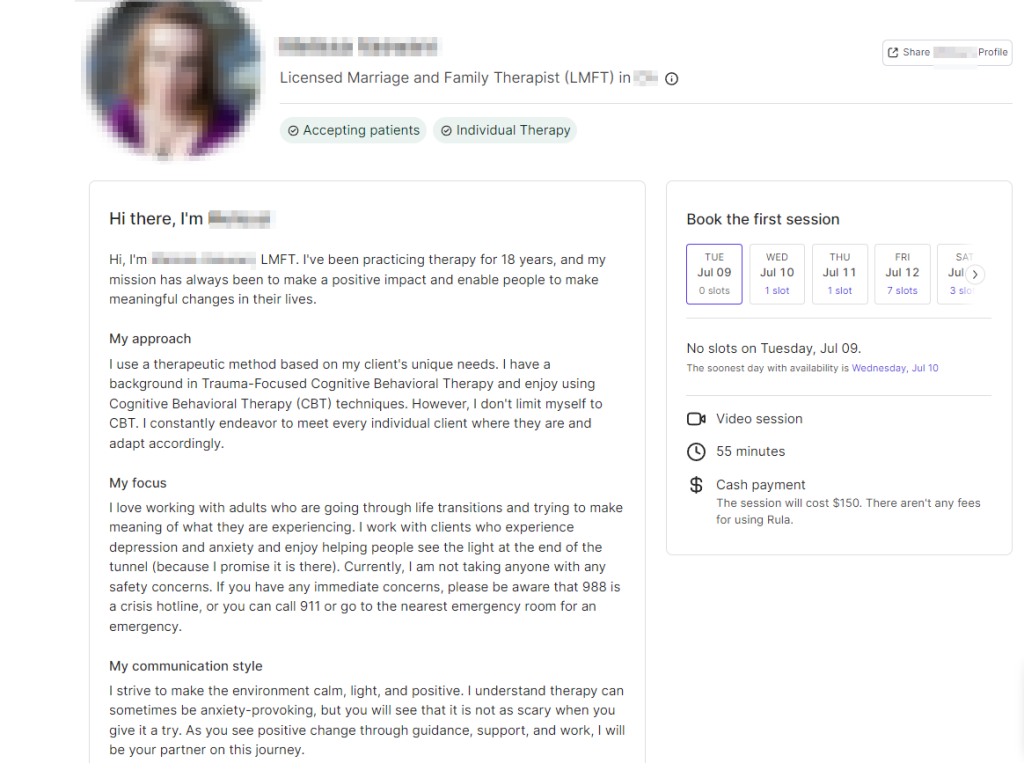
From one of our Rula testers:
“I could choose from five therapists, including two therapists of color. If I had chosen to use insurance, the selection would have grown to seven. You can filter your choices by specialty, such as ADHD, anger management, bipolar, anxiety, eating disorders, PTSD, and more.”
Live video sessions
One of our Handbook Team testers says they had a positive experience with their therapy sessions. They note that although the session was slated for an hour, the therapist went a little over that time to make sure the tester didn’t feel rushed. The therapist had minor technical glitches on their side, but were able to quickly resolve them.
Our tester also had some issues with getting into their session, but says that it wasn’t enough to take away from their overall positive experience.
From one of our Rula testers:
“My biggest challenge using Rula was that it required multiple steps to log in. I had to enter my email on the website, check my email, click on a link, and enter my birthday every time I wanted to access the platform.”
What other users are saying
In our survey of online therapy users who have used Rula, the general consensus is that it is a solid online therapy platform. The online therapy users our team spoke with say they don’t feel any less connected to their therapist because it’s on a virtual platform. “I think when you’re in front of a screen, there’s just that personable touch, where I think every emotion kind of becomes more valued and more personable,” a focus group participant told us. In fact, our survey found that 40 percent of our survey respondents found online therapy (in general) to be “very helpful.”
One of our Rula testers notes, “I appreciate that Rula’s providers are relatively easy to book with. I was able to schedule an appointment on a Friday for the following Monday. I also love that Rula makes it easy to schedule, change, and cancel appointments.”
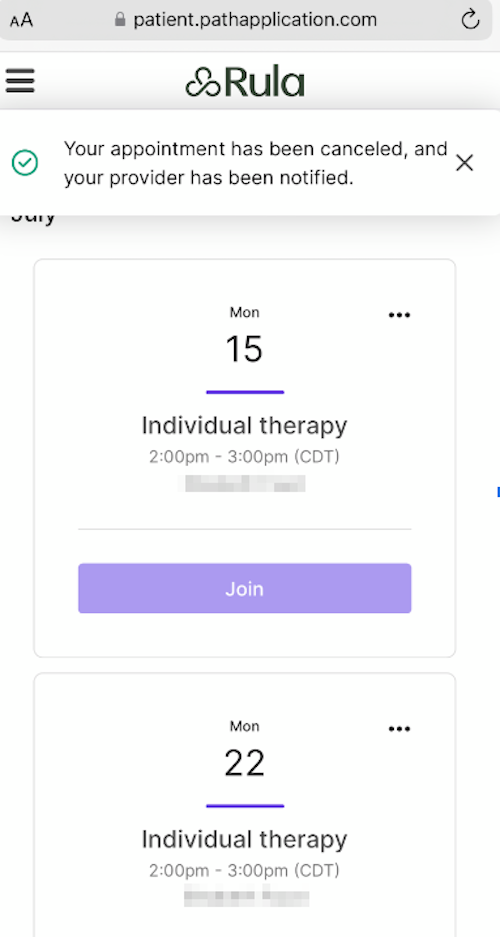
Cost and payment
Rula can be affordable if you’re using your insurance; there is no monthly subscription cost and you will only need to pay your regular insurance copay. Out-of-pocket expenses, however, are more than some other online platforms we’ve tested, like Brightside—and Brightside offers more online resources than Rula. Check out our Brightside review for more details.
Out-of-pocket therapy costs $150 per individual session with Rula. For couples or family sessions, the cost is $165. An initial 60-minute psychiatry session is $350, and a 30-minute psychiatry follow-up session is $150. Note that we only tested Rula for online therapy sessions, but researched its online psychiatry options.
Missed appointments and appointments that are canceled less than 24 hours before the appointment are subject to a $99 charge. There is no charge for canceling as long as you do so more than 24 hours in advance.
Is Rula covered by insurance?
Rula is covered by most major insurance providers, including Aetna, Cigna, Kaiser, and Blue Cross Blue Shield. Rula’s website notes that they accept over 60 insurance carriers. The platform doesn’t accept Medicare or Medicaid plans, however.
How to save money on Rula mental health services
Rula offers payment plans with a three-month duration, which may cost less than paying by the session but is dependent on the type of care you’re getting. Longer plans may be considered on an individual basis.
Our experience with Rula customer service
Our Team had a positive experience with Rula’s customer service. “I reached out to customer service regarding a potential cancellation fee,” one tester notes. “They were responsive and incredibly helpful.”
Our testing experience
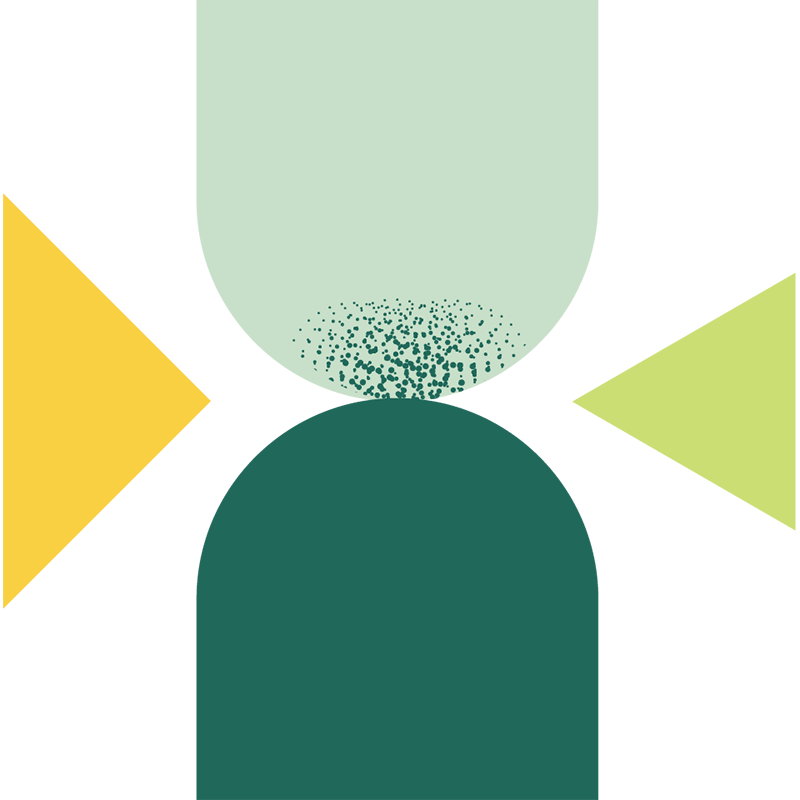
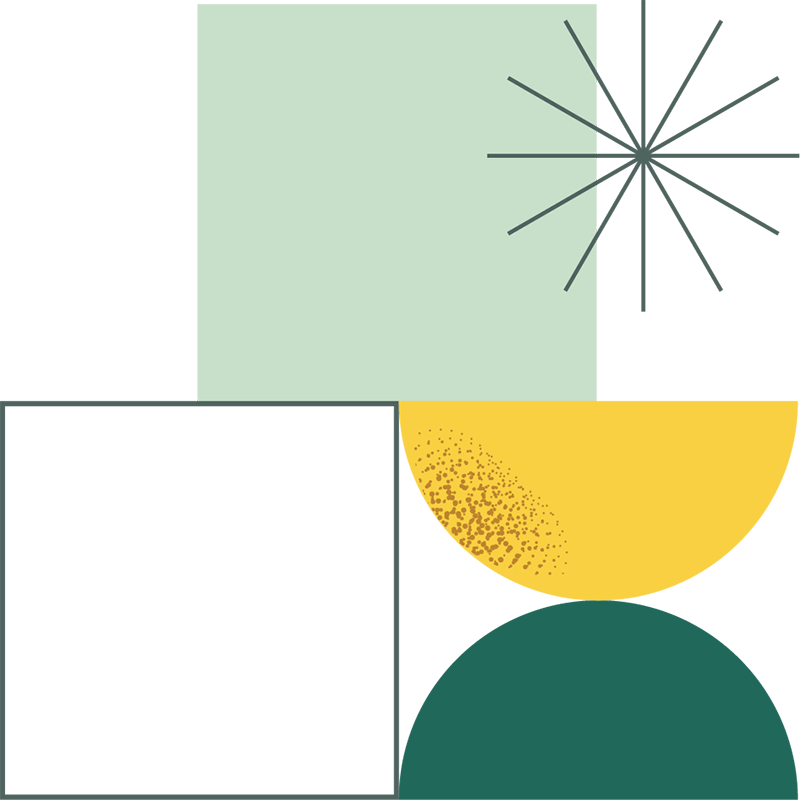
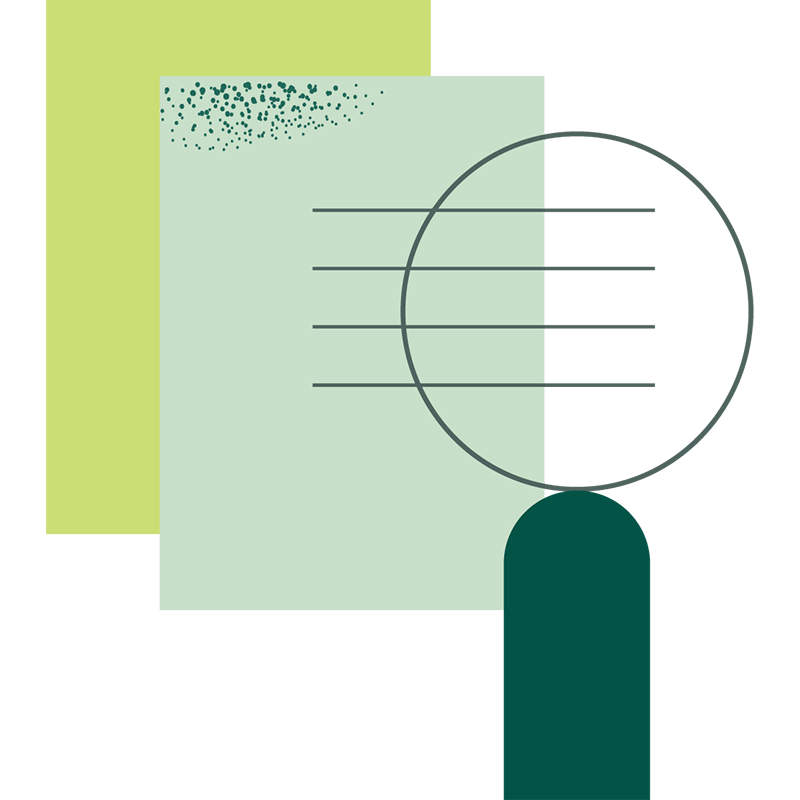
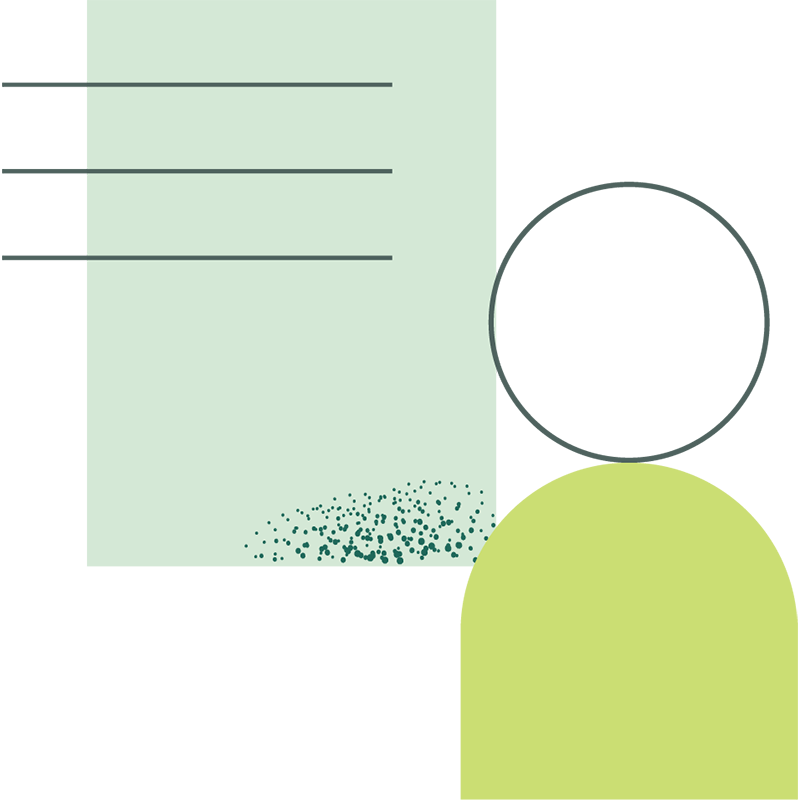
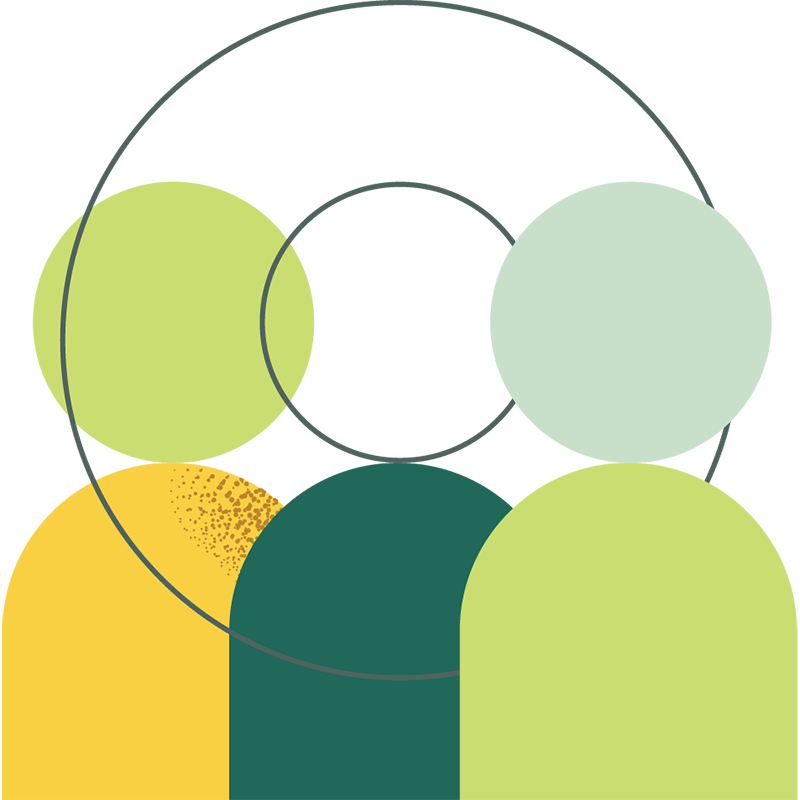

Our Handbook Team has so far spent more than 10,000 hours researching over 70 online therapy platforms, and our testers have signed up for the 26 most popular platforms, using them for at least four weeks. We’ve also surveyed over 2,000 online therapy users, held focus group interviews with both users and therapists, and consulted over 60 mental health experts.
For each online therapy service, we focus on:
- Affordability.
- Customer service.
- The sign up process.
- Any additional features.
- The diversity of the therapists.
- Session quality and user experience.
Compare Rula
Rula can connect users with online therapists and psychiatrists who accept insurance, but it’s missing a lot of the in-app features of other online platforms. Sites like BetterHelp and Talkspace offer additional tools like digital journals and prompts, educational videos, and workshops. Betterhelp, however, doesn’t accept insurance. Talkspace accepts insurance, with an average cost of $30 per session. But if all you want is therapy you can use your insurance with, Rula is a good option with its average $15 copay.
| Monthly therapy cost (four visits) | $60 with insurance; $600–$660 self-pay | $299–$349 | $260–$400 | $276–$436 | Costs vary based on provider | $10.99 monthly membership; individual provider costs can vary | $0–$599 for therapy; $0–$776 for psychiatry (depending on copay) |
| Insurance accepted? | Yes | Yes | No | Yes | Yes | No | Yes |
| Type of therapy | Children, teens, individual adults, couples, family | Individuals | Teens, adults, couples | Teen, adult, couples | Children, teens, adults, couples, family | Individuals | Individuals |
| Provides psychiatry services | Yes | Yes | No | Yes | Yes | Yes | Yes |
| Session types | Live video | Live video, text messaging | Live video, online chat, text messaging, phone calls | Live video, messaging | Live video | Live video, phone | Live video |
Our final verdict
If you’re looking for an online mental health platform for therapy or psychiatry treatment, Rula may have what you need. Rula accepts insurance and has mental health professionals who can provide therapy for individuals, couples, families, teens, and kids aged five and older. We like that Rula can make mental health care accessible to a wider range of age groups than some other platforms. But if you want more tools to help you in your mental health therapy journey,such as articles, videos, digital journals, or workbooks, you may want to look at another online therapy platform that can provide those extras.
Frequently asked questions
Rula therapists are credentialed. The website states that therapists must be licensed and legally permitted to provide remote therapy services.
Rula is HIPAA compliant and requires HIPAA compliance training for all of their providers.
Rula is a legitimate online therapy service that connects people with therapists and psychiatrists to get the mental health help they need.
“Rula seems to be a quality, trustworthy platform that could be incredibly beneficial for people who don’t have access to or time for in-person therapy sessions,” a member of our Handbook Team says.
Rula psychiatrists can prescribe most psychiatric medications that are approved by the FDA. However, medications labeled as controlled substances may be limited or prohibited by your state’s regulations.
- Children’s Mental Health: Behavioral Health Integration. Centers for Disease Control and Prevention (CDC) & National Center for Injury Prevention and Control. Link




